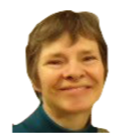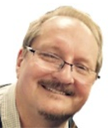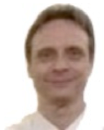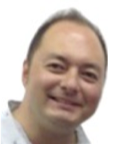
What is one single reading you would recommend to teachers just starting in NeuroELT?


I suggest Brain Rules by John Medina. (2014 [2nd edition] Pear Press). Takes key findings from brain science and applies them to education and to business. Very well written (which is refreshing for a science-based book). There's a wonderful website with videos, PowerPoints and support materials at www.brainrules.net. If you bought the first edition and want to know if it is worth buying the new one, kind of iffy. There is a new chapter on music that you can buy for US$3. I'd buy that and just read the old edition again. If you want positive psychology book suggestions, visit the "bookshelf" page on my website.

I suggest Robert Murphy’s Maxims. Robert went through the literature on learning and came up 50 short phrases that encapsulate the key perspectives in NeuroELT. There are a few I’d change if it were my list, but that said, it is still a great place to get started.

Strangers to Ourselves, by Timothy Wilson, opened my eyes to how a neurocognitive perspective can change our understanding of how the mind works, and even what it means to be human. The book introduces the "adaptive unconscious" (sometimes called the "cognitive unconscious", "intuitive mind" or simply "system 1") the part of our mind that acts as a sophisticated unconscious autopilot. It subtly but powerfully influences our behavior--often in ways we are not aware of. One lesson for educators is that language learning is actually a "two-mind" process that involves both conscious and unconscious elements.

Mind, Brain, and Education Science, by Tracey Tokuhama-Espinosa, is a fantastic book for novice to veteran teachers. Tracey takes technical scientific findings and makes them practical for all teachers. It will surely make any teacher more interested in applying neuroscience to their classroom methods.




